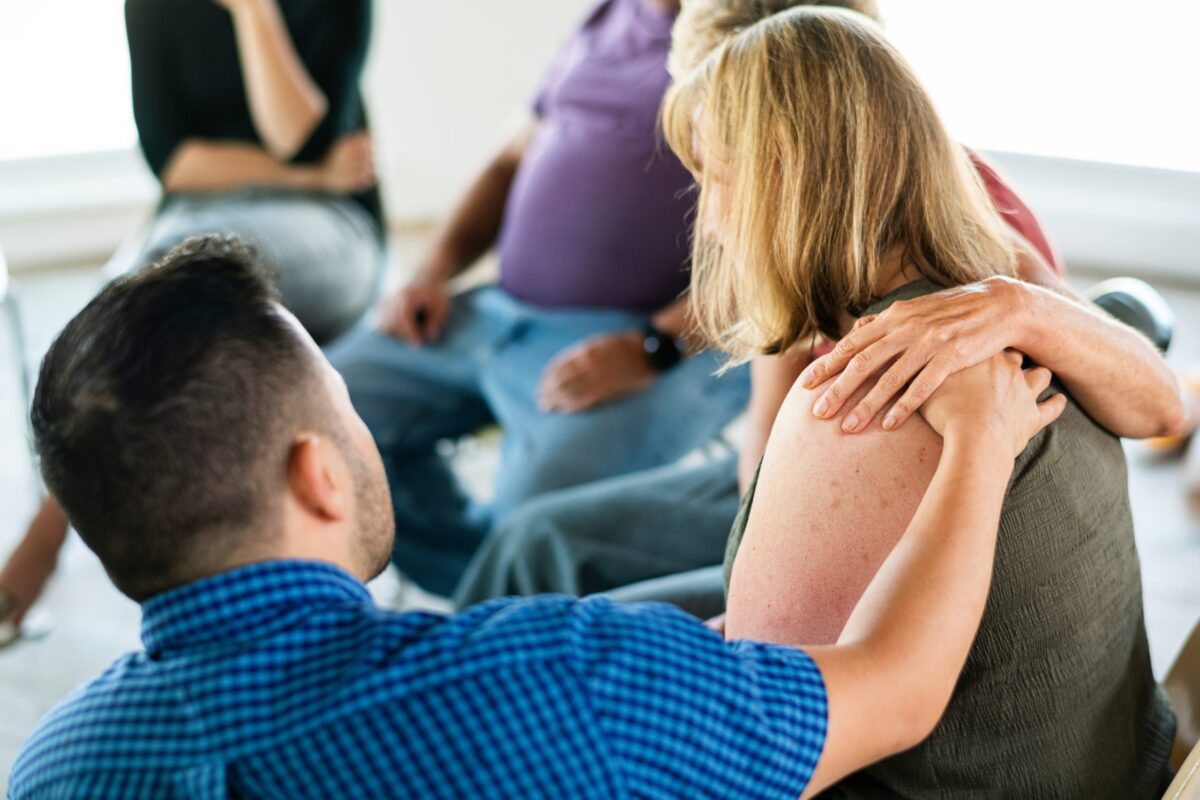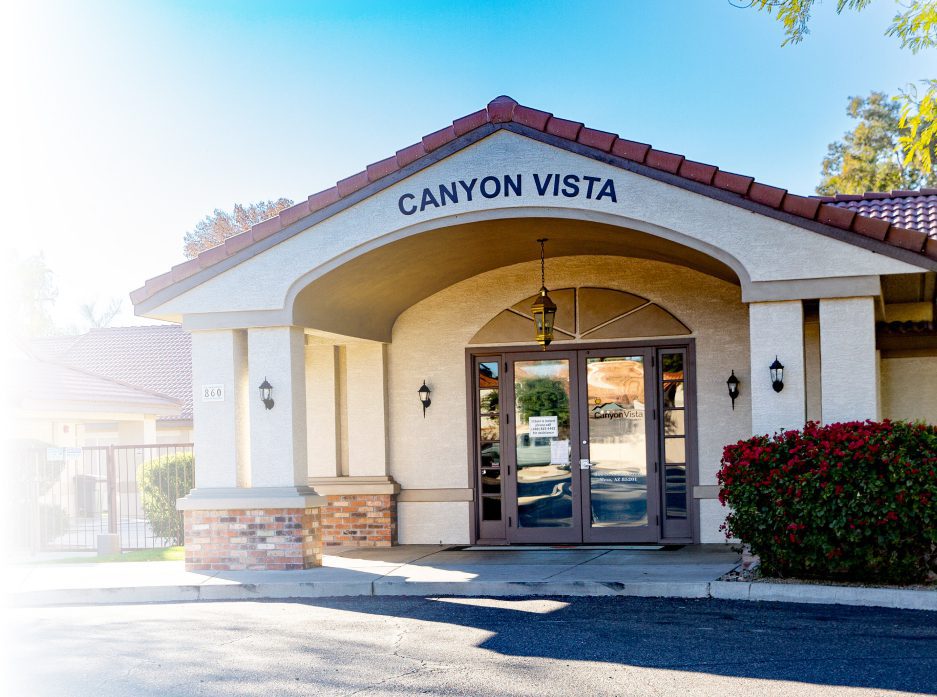When a person has an addiction to drugs or alcohol or a co-occurring substance and mental health disorder, finding the correct level of treatment is essential. For those people who do not need round-the-clock supervision or medical detoxification but still need more support than traditional outpatient therapy, an intensive outpatient program (IOP) may be the ideal level of treatment for them. IOPs are generally used for two reasons.
- When an individual is potentially at risk of being hospitalized and needs more than traditional outpatient therapy.
- When an individual has been in an inpatient residential treatment center and needs support as they transition to their regular life.
What is an Intensive Outpatient Program?
An intensive outpatient program (IOP) provides direct treatment to people who require more frequent interaction and support from treatment professionals. IOPs are designed to:
- Establish or reestablish psychosocial supports
- Help clients develop coping strategies
- Teach early-stage relapse management
- Address problems related to psychological, emotional, and social well-being
Individuals in intensive outpatient programs typically live at home and may continue working or attending school. Based on their specific needs and the treatment center’s location, participants usually engage in support groups and therapy sessions—both individual and group—for about 3 to 4 hours a day, several days a week. Most intensive outpatient programs also encourage attendance at 12-step programs, such as Alcoholics Anonymous (AA) or Narcotics Anonymous (NA).
What Happens in an Intensive Outpatient Program?
In the early stages of recovery, many people feel vulnerable. An IOP provides a safe place for people to interact with others in healthy ways. Individuals further along in their recovery often help newcomers by providing encouragement and support. An IOP can provide core and enhanced program elements based on the specific group in treatment.
One of the main components of an IOP is group therapy, which includes cognitive behavior therapy (CBT) and dialectical behavior therapy (DBT). Group sessions help newly sober members in many ways, including:
- Facilitating structure, socialization, and support for newly sober individuals
- Providing a place where group leaders can teach new skills, provide new information, and guide members as they practice new skills and behaviors
- Developing communication skills and providing the chance for individuals to socialize without alcohol or drugs
- Reinforcing healthy ways of interacting with others in a supportive, safe environment
- Creating an environment where members can support, help, and confront one another
- Establishing discipline and structure for those whose lives were often chaotic in active addiction
In addition to group therapy and counseling, individuals meet with their therapists and counselors individually at least once a week. For those on medication, medication management is often part of their IOP, which typically includes psychological assessments, psychopharmacologic monitoring, and consultations. Participants are regularly monitored for any drug or alcohol use to assess the effectiveness of the IOP. Monitoring methods can vary from self-reporting to tests, including urine, blood, saliva, or hair samples.
Individuals learn about addiction, their condition, and how to manage it. Their IOP may include psychiatric care and holistic or complementary therapies, such as art therapy, meditation, yoga, nutritional services, vocational training, family therapies, or fitness programs.
Types of Groups
Most IOPs may include the following groups:
- Psychoeducation groups: may involve education on substance dependence and its consequences, stress management, assertiveness training, skills development, problem-solving techniques, coping skills, and relapse prevention strategies.
- Support groups: learning how to relate to others; resolving or tolerating conflict without using drugs, alcohol, or violence; seeing how one member’s actions affect others and the group as a whole; learning ways to change negative emotions, thinking, and behavior.
- Skills development groups: practicing in a safe setting specific behaviors such as drug or alcohol refusal, relapse triggers and prevention techniques, stress management, and assertiveness training.
- Single interest groups: focus on an issue such as gender issues, criminal offense, histories of physical and sexual abuse, or sexual orientation.
- Family or couple groups: assist member’s significant others and relatives in learning about the negative effects of substance use, its effect on others, and how to resolve issues.
Do Not Struggle Alone
If someone you love struggles with a drug or alcohol problem, it’s important to get treatment right away. Our professional team at English Mountain Recovery will help determine whether our residential or intensive outpatient program is best for you. Take the first step to a sober life.




